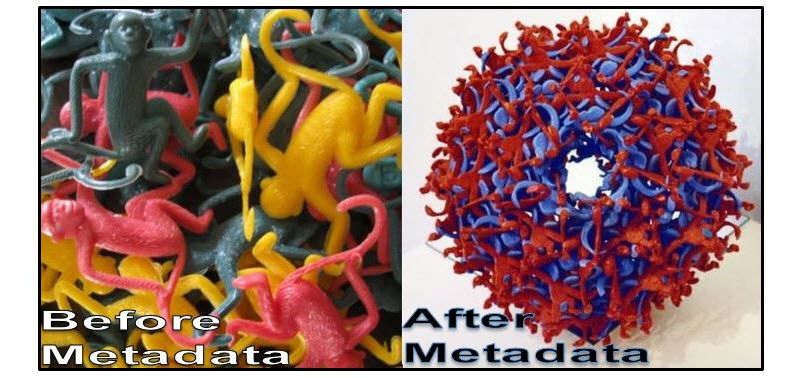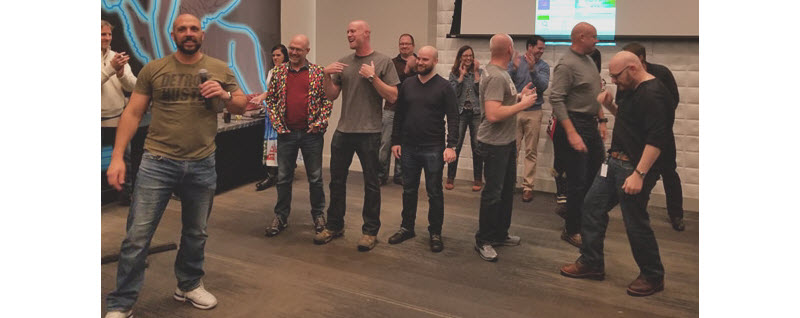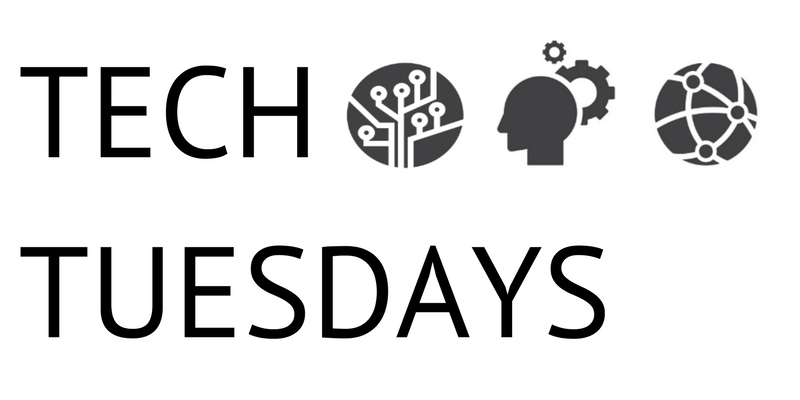Florida Public Libraries Celebrate a Milestone
Huge congratulations goes out to Flordia Public Libraries for graduating over 300 adults from Career Online High School. In 2015, Florida public libraries launched the program, providing Florida residents the opportunity to earn a free, accredited high school diploma. By early 2017, 28 libraries were offering the program and now more than 300 adults have graduated, with ceremonies … Read more










